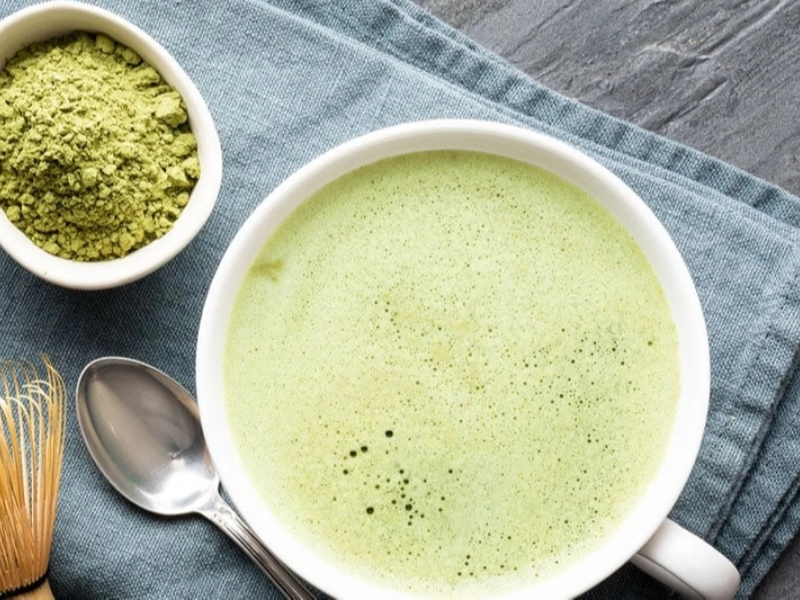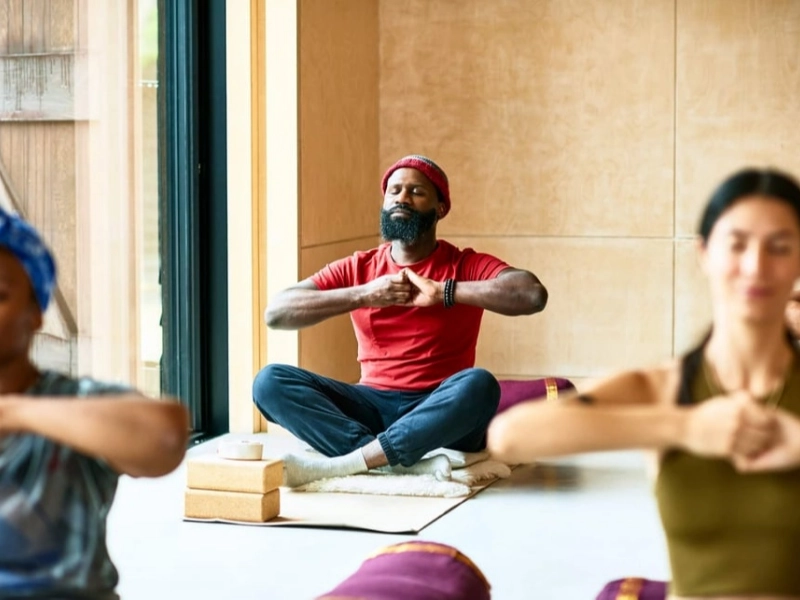A well-liked over-the-counter sleep medication is melatonin. For those suffering from delayed sleep phase disorder or other circadian rhythm disorders, such as jet lag, it may be beneficial.
It isn't a suitable remedy for persistent insomnia, though. More effective methods exist for achieving restful sleep.

For millennia, people have utilized valerian root, a natural sleep aid, to aid with sleep. Additionally, research on humans has demonstrated its effectiveness.
Valerian doesn't lead to dependence or signs of withdrawal like melatonin does. But it's crucial to use it appropriately.

In one study, chamomile was found to improve sleep diary parameters like total sleeping time (TST), awakening after sleep onset, and sleep quality more effectively than melatonin. In contrast, the outcomes for other outcomes, such as WASO and sleep efficiency, were not as strong.
When taking over-the-counter or doctor-prescribed drugs with herbal therapies, use caution. Certain herbs have the potential to interfere with prescription medications or raise bleeding risks for those using blood thinners.

It causes the brain to produce more alpha waves, which are linked to a calm but attentive frame of mind. Additionally, it promotes the brain chemical GABA's relaxing effects.
Melatonin is particularly useful for people who have jet lag, sleeplessness, or work night shifts since it causes your circadian cycle to slow down in preparation for sleep. It has little effect on the quality of your sleep, though.

Luis Buenaver, Ph.D., C.B.S.M., a sleep specialist at Johns Hopkins, keeps his bedroom dark to increase melatonin and create a distraction-free atmosphere. In order to prevent stimulating light from suppressing melatonin, he also employs a blue-light filter on his electronics.

It's crucial to remember that while natural sleep aids might be beneficial, using them as a permanent cure is not advised. In fact, over-reliance on them might lead to issues. For example, tremors and nausea might result from excessive doses of melatonin. Furthermore, it may conflict with several prescription medications.

Additionally, it helps rebalance your circadian cycle, which can be disrupted by working night shifts or jet lag. Studies have shown conflicting results when taking melatonin; however, it may help you fall asleep more quickly and sleep better during the day.
Remember, nevertheless, that melatonin is not a potent sedative and that excessive amounts should not be consumed. To start, you should attempt a low dosage.

Before attempting a new sleep aid, see your doctor if you have any health issues or are on a prescription drug. Certain supplements may have interactions with antidepressants, blood pressure drugs, or autoimmune diseases treatments. Caffeine should also be avoided right before night.